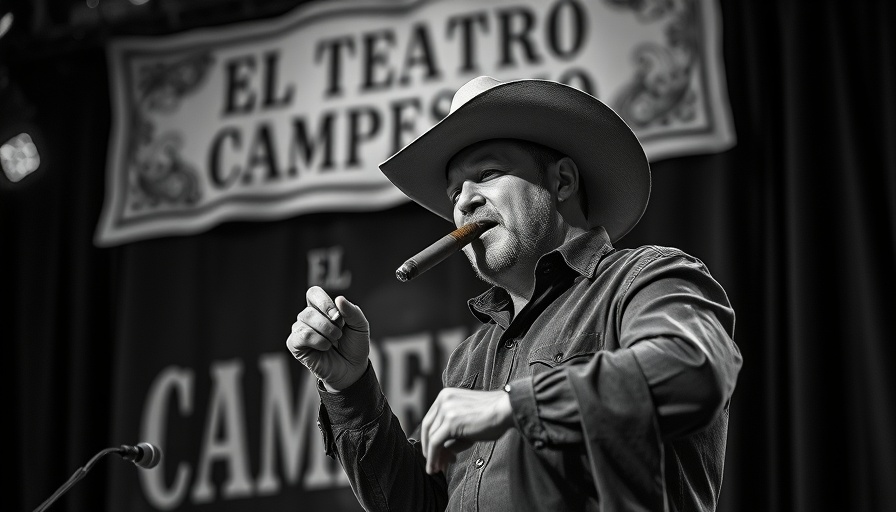
A Visionary of Chicano Art: The Legacy of Luis Valdez
In the dusty labor camps of Delano, California, young Luis Valdez transformed simple objects into symbols of creativity and cultural expression. Inspired by the film ‘Viva Zapata!’ he produced his own play as a child, demonstrating an innate talent for storytelling. This early spark of imagination blossomed into a career that would forever change American theater and film.
Crafting Identity Through Art
At 85, Luis Valdez is celebrated not just as a playwright but as a cultural icon who amplified the voices of Chicanos and Mexican Americans. Through his innovative productions like ‘Zoot Suit’ and ‘La Bamba’, he has not only shared stories but has forged identities and fostered pride among communities often overlooked by mainstream media.
Significance of ‘Zoot Suit’ and ‘La Bamba’
Valdez’s ‘Zoot Suit’ takes audiences back to a pivotal moment in 1940s American history, illuminating the racial prejudice faced by Mexican Americans. It recounts the infamous Zoot Suit Riots and examines ongoing struggles against bias, such as contemporary immigration policies. Meanwhile, ‘La Bamba’ introduces audiences to the life of rock ‘n’ roll pioneer Ritchie Valens, reinforcing the cultural impact of Latino contributions to American music.
Reinvigorating the Chicano Movement Through Theater
As the founder of Teatro Campesino, Valdez created a platform where farmworker stories could be authentically shared, allowing art to serve as a form of political activism. His efforts during the farmworker movement brought theater to those who labored in the fields, highlighting systemic inequities while celebrating cultural resilience.
Valdez's Continued Relevance
Doug Pullen, director of the Plaza Classic Film Festival, remarks on Valdez's significance in bringing attention to stories that cinema has often relegated to the margins. At the upcoming film festival, where Valdez will appear for showings of his two landmark films, the opportunity to engage with his work underscores the importance of representation in media, an issue that continues to resonate in today’s cultural landscape.
 Add Row
Add Row  Add
Add 




Write A Comment